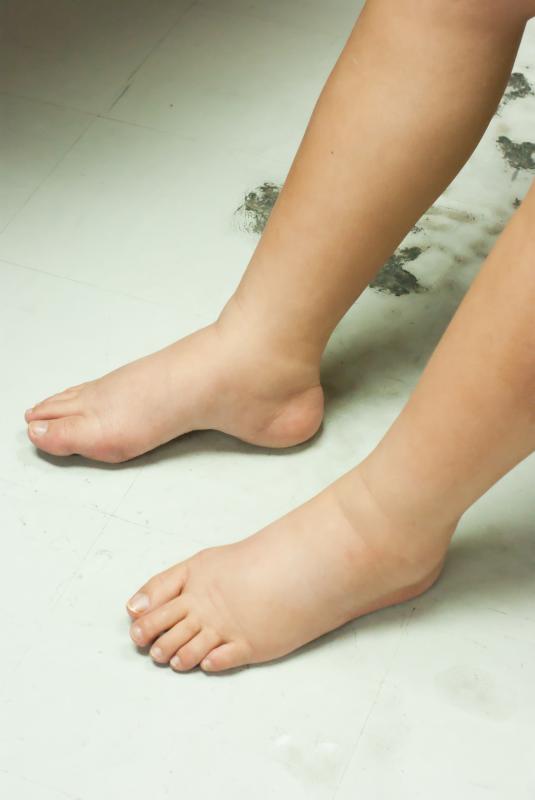
The selective bradykinin B2 receptor antagonist icatibant proves to be effective and safe for managing acute attacks in Japanese patients with hereditary angioedema (HAE), according to the results of a small phase III open-label trial.
In the trial, eight HAE patients who had an attack affecting the skin (n=4), abdomen (n=3) or larynx (n=1) received icatibant 30 mg via subcutaneous injection in the abdomen administered by the patient or a healthcare professional.
Symptom relief occurred after a median of 1.75 hours (95 percent confidence interval [CI], 1.00–2.50) of treatment, with all patients achieving symptom relief within 5 hours after administration.
The time to maximum plasma concentration of icatibant was 1.79 hours, with the maximum plasma concentration being 405 ng/ml.
In terms of safety, injection site reaction occurred in seven patients. There were three adverse events recorded: worsening of HAE 29 hours after treatment, repeat HAE attack 18.3 hours after treatment and a headache.
Regardless of the small number of patients included in the study, the findings confirm that subcutaneous icatibant administration may quickly relieve the symptoms of acute HAE attacks, according to researchers.
An autosomal-dominant genetic disease characterized by recurrent swelling episodes, HAE attacks are unpredictable in terms of onset, duration, severity, frequency and anatomical location. Furthermore, attacks affecting the larynx may be life-threatening. [Am J Gastroenterol 2006;101:619-627; J Allergy Clin Immunol 2012;130:692-697]